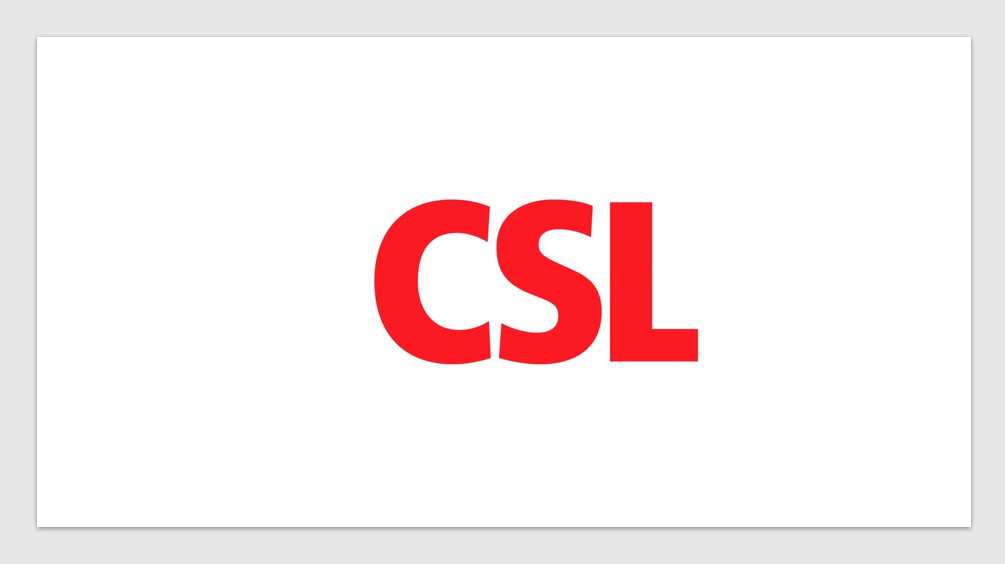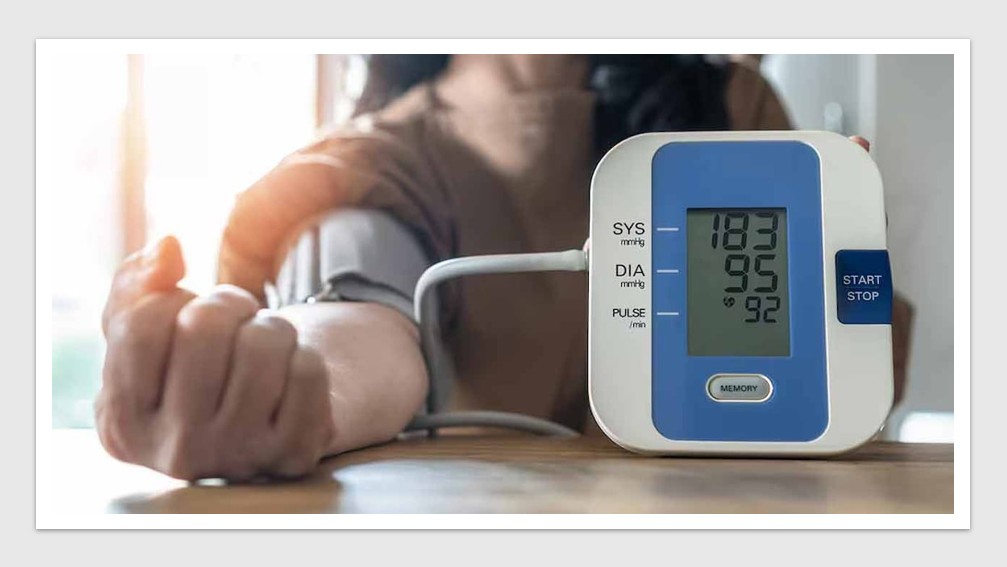News & Trends - Pharmaceuticals
PBAC decision leaves patients struggling with severe depression disheartened: Janssen’s Spravato misses green light

Pharma News: The Pharmaceutical Benefits Advisory Committee (PBAC) did not recommend the listing of Janssen’s nasal spray, Spravato (esketamine), on the Pharmaceutical Benefits Scheme (PBS) for treatment-resistant depression (TRD). This decision follows the Therapeutic Goods Administration’s (TGA) registration of Spravato in March 2021, allowing its use in adults who have not responded to multiple antidepressants.
The first negative verdict from the PBAC, handed down in July 2022, hinged on the committee’s conviction that for most patients, Spravato should be considered only after exploring alternative treatment options with more established safety and efficacy data. These alternatives encompass combination therapies, augmentation with lithium or other agents, and physical interventions such as Electroconvulsive Therapy (ECT) and Repetitive Transcranial Magnetic Stimulation (rTMS).
Notably, the PBAC acknowledged the input from patients, medical professionals, and organisations. Many of them underscored the severe impact of TRD on daily life and expressed how the treatment with Spravato had been life-transforming, reigniting hope in their lives.
During a pivotal Spravato stakeholder meeting in February 2023, it was proposed that the treatment course be restricted to a maximum duration of 12 months. This marked a pivotal change from previous considerations and was integrated into the economic and financial models used in the re-evaluation process in July.
However, this has given rise to a series of uncertainties, including the management of episodic treatment, the effects of discontinuing treatment in responders, and the potential extension of use beyond the 12-month period.
Another notable outcome of the stakeholder meeting was the consensus that patients who responded positively to Spravato during a depressive episode should be able to use it again in case of relapse or the occurrence of a new depressive episode. While this feedback resonated with the PBAC, the implementation of an appropriate pathway for retreatment was recognised as needing further exploration.
In terms of comparison, the PBAC reasserted its previous standpoint that placebo + a newly initiated oral antidepressant (OAD) as a comparator was reasonable. However, no new clinical evidence was provided in the resubmission. While the claim of superior comparative effectiveness held potential, the extent and clinical significance of these benefits remained uncertain, compounded by the introduction of a 12-month treatment cap per episode.
Turning to economic considerations, the PBAC pointed out that the economic model factored in a single treatment course, maintaining a 5-year time horizon. Considering the likelihood of multiple courses of treatment within a 5-year span, the PBAC cast doubt on the cost-effectiveness of Spravato in such a scenario. Addressing the issue of patient uptake, the PBAC expressed concerns about potential overestimations in new patients’ adoption while underestimating subsequent episodes. The PBAC also indicated that financial estimates might be inflated due to overly optimistic assumptions about Spravato’s uptake in the face of possible access barriers.
Notable voices in the field also weighed in on the debate. Professor Colleen Loo from the Black Dog Institute and UNSW Sydney pointed to the potential off-label use of generic ketamine. She cited a recent systematic review and meta-analysis that highlighted the comparative efficacy of generic ketamine and Spravato for depression.
“Relative to intranasal esketamine, intravenous racemic ketamine demonstrated more significant overall response and remission rates, as well as lower drop-outs due to adverse events. In contrast, we did not find any significant differences between the effect of racemic ketamine or [Spravato] esketamine in TRD vs. non-TRD or between major depressive disorder (MDD) vs. bipolar disorder (BD) populations. Thus, while intravenous racemic ketamine tended to outperform intranasal ketamine, the specific differences at the subgroup level were nonsignificant,” noted the authors.
Janssen expressed its disappointment at the PBAC’s non-recommendation while welcoming their recognition of the dire need for TRD treatment options. The company reiterated its belief in Spravato’s transformative potential and clinically meaningful benefits, expressing hope for eventual inclusion on the PBS. The company affirmed its commitment to resolving lingering uncertainties to ensure timely access to Spravato for Australian patients.
![]() In reimagining healthcare across the entire patient journey, Health Industry HubTM is the only one-stop-hub uniting the diversity of the Pharma, MedTech, Diagnostics & Biotech sectors to inspire meaningful change.
In reimagining healthcare across the entire patient journey, Health Industry HubTM is the only one-stop-hub uniting the diversity of the Pharma, MedTech, Diagnostics & Biotech sectors to inspire meaningful change.
The Health Industry HubTM content is copyright protected. Access is available under individual user licenses. Please click here to subscribe and visit T&Cs here.
News & Trends - Biotechnology

CSL reshapes R&D while bracing for U.S. tariffs
Australia’s largest biotech company CSL is streamlining its R&D operations to enhance efficiency amidst a rapidly evolving global landscape. The […]
MoreNews & Trends - MedTech & Diagnostics

Australia joins Medtronic trial in fight against resistant hypertension
Medtronic has launched an international clinical trial across Australia, the United States, and Europe to evaluate the feasibility of multi-organ […]
MoreNews & Trends - MedTech & Diagnostics

Medibank launches pharmacogenetic testing while government stalls on insurance discrimination ban
Medibank has become the first Australian health insurer to pay towards pharmacogenetic testing (PGx) for eligible customers on Extras cover. […]
MoreNews & Trends - Pharmaceuticals

Global pledge shifts visibility and action for patients with advanced breast cancer
Three breast cancer organisations have united internationally to demand that people living with metastatic breast cancer (MBC) are no longer […]
More